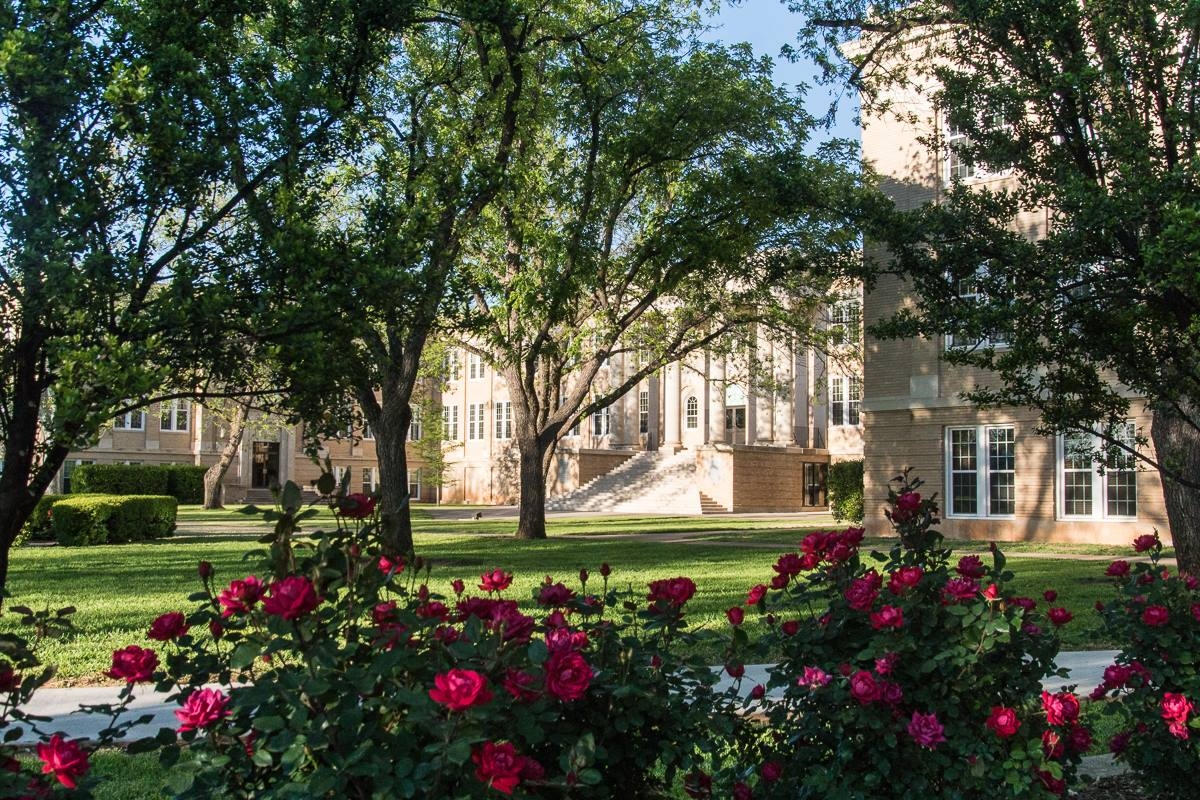F-1 Status
Who are the international students and scholars at ACU?
ACU typically hosts around 150 F-1 and J-1 students annually on campus. F-1 students are admitted to the U.S. for academic study and usually self-sponsored. J-1 exchange visitors come for academic and cultural exchange and are sponsored by national governments or private sponsors. We recommend you check the GOAINTL screen on Banner or call the OISVS to identify which of your students are international students.
What basic immigration regulations must ACU international students follow?
International students must:
- Check in at OISVS with their documents upon arrival.
- Attend the International Student Orientation (offered each Fall/Spring semester).
- Enroll full time in on-campus courses each Fall and Spring semester.
- Report any address and phone changes to OISVS within 10 days of moving.
- Work only with authorization.
- Maintain the accuracy and validity of their immigration documents.
- Depart the U.S. within 30 or 60 days after the completion of their degree.
Can F/J international students work?
F-1 international students in good immigration status may work on campus 20 hours or less during the Fall and Spring semesters and apply for authorization to work off campus in limited circumstances. F-1 students may also receive 12 or 36 months of work authorization (Optional Practical Training, or OPT) after graduation to gain experience in their field.
J-1 international students may request on campus work authorization at any time. They are also eligible to request off-campus work authorization to work in an area related to their major (Academic Training) during and after their studies.
What if a student is required to complete an off-campus internship, practicum or other curricular work experience?
Please be aware that students may need work permission in order to participate. Unpaid internships are often considered “work” by DHS. OISVS recommends all international students involved in off-campus internships seek the proper work authorization prior to the internship.
Faculty may not be aware of international students in their classes. Here’s a suggested syllabus paragraph:
“The tasks performed in this internship may be considered “work” by immigration standards. Therefore, all non-U.S. citizens are advised to obtain the proper work permission well before the internship begins. F-1 and J-1 international students should consult the associate director in the Office of International Students and Visiting Scholars concerning work authorization procedures as soon as possible.”
What if an international student drops below full-time enrollment?
F/J international students may be eligible to take a reduced course load for one semester per degree program (not available retroactively). Some allowable reasons to drop below full-time enrollment (usually by three credit hours) are:
- Illness/medical condition (recommended by a U.S.-based medical practitioner)
- Initial difficulty with English in the first year
- Unfamiliarity with American teaching methods
- Improper course level placemen
Please refer the student to OISVS to discuss whether they qualify for an authorization before they change their course load. Advisors will be asked to verify the student’s reasons.
What if a student's required course is only offered online?
F-1 international students in a residential program may count one online class per semester toward full-time status and may not take an online class as the only class in their final semester. In most cases, international students are not eligible to enroll in online degree programs while they are physically present in the U.S. Please contact OISVS for more information.
J-1 students may only take online courses beyond the full-time load. No online classes may be used toward full-time status.
What happens if an F/J student loses their immigration status?
Students who lose their immigration status accrue days of unlawful presence as long as they remain in the U.S. They are not allowed to work on campus or apply for immigration benefits and are subject to deportation. Please advise the student to meet with OISVS’ immigration specialist to discuss options for regaining immigration status.
What if a student is having difficulties adjusting to American culture?
Cultural adjustment can affect students’ classroom behavior, their interactions with others and their general well-being. Encourage the student to talk with OISVS staff, who have cross-cultural experience and can help guide a student through cultural issues.
What can faculty and staff do to help OISVS?
- Encourage students in danger of losing their immigration status to speak with the international student advisor and other support staff. While international students must meet all standards of the university, faculty may allow an international student to continue attending class, even with a failing grade, to allow the student to maintain their status. However, the student must attend class for this to be a viable option.
- Immediately report any critical incidents involving international students, such as hospitalization, arrest or negative media attention to OISVS.
- Encourage international students to check with OISVS about work authorization or immigration status for internships and off-campus employment of any kind.
- Notify OISVS if you are part of last-minute changes that could allow a student to graduate early.
- Do not support retroactive changes to a student’s academic record without first consulting OISVS.
- Only schedule international students to begin work in your department after the completion of the I-9 and OISVS confirms status.
- Follow all published admissions criteria in the admissions process for graduate students. Immigration documents may only be issued upon unconditional admission following all published criteria.
Administrative Considerations for Program Development
New programs must gain approval from the Department of Homeland Security before immigration documents may be issued for students to participate. Approved programs must offer sufficient in-person classes each Fall and Spring semester for international students to maintain their status in the U.S.
If you are seeking DHS-approval for international student participation, submit the New Degree or Update Program Request for DHS-SEVP Approval form. Approval may take six to nine months.

